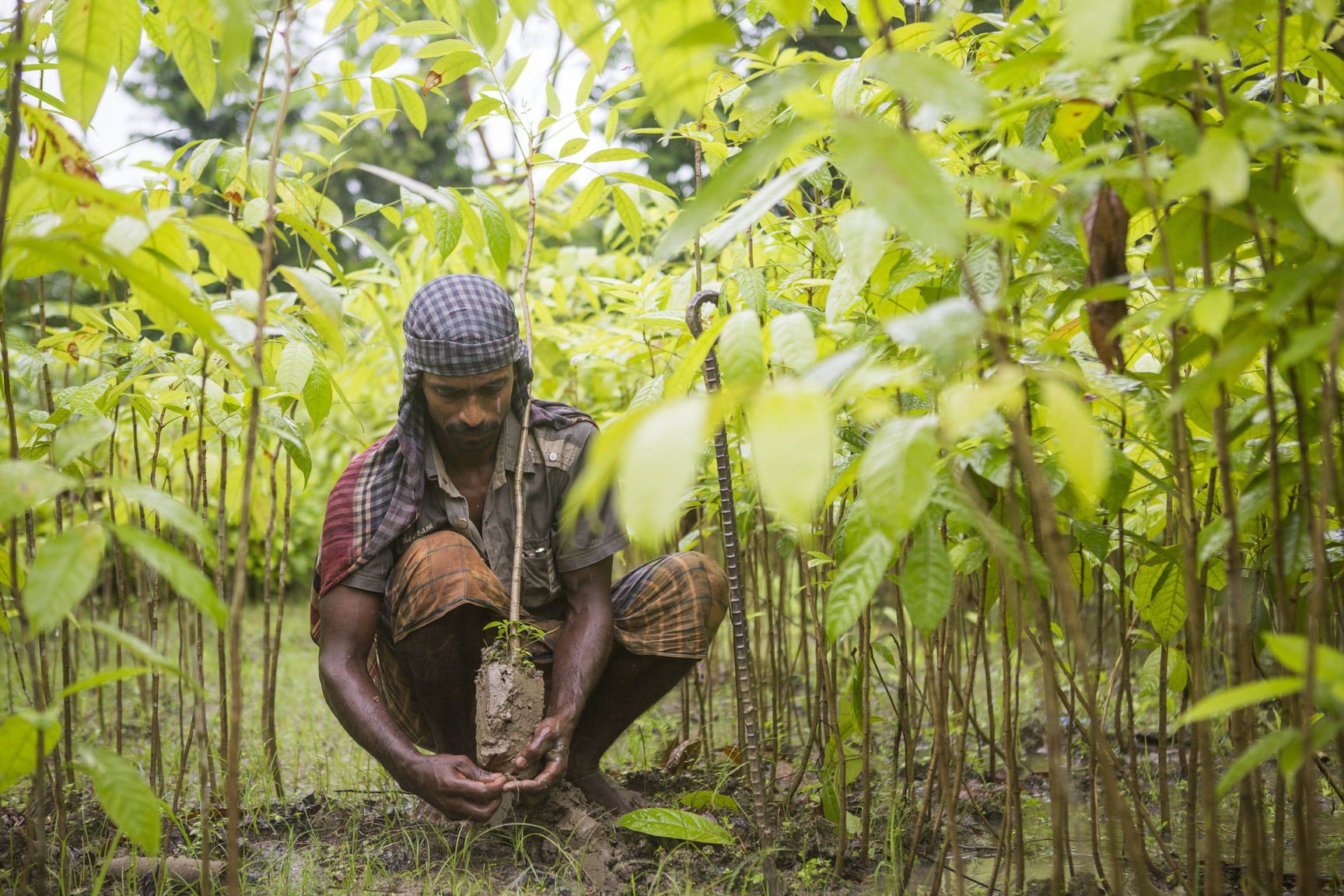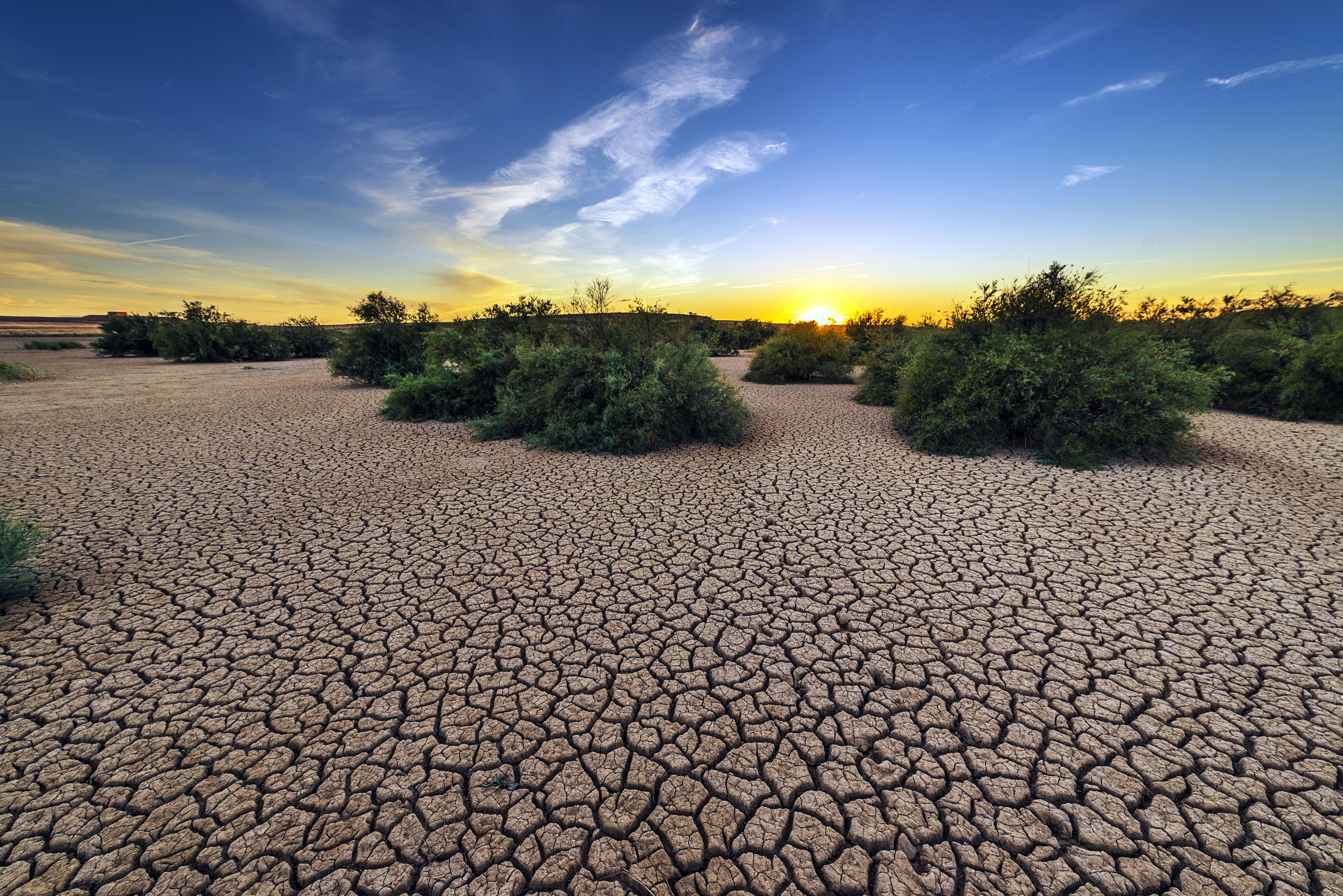Moorland in Europe
Copyright© Thomas Trutschel/photothek.net
Biodiversity and climate Strengthening ecosystems, tackling climate change
Protecting and fostering biodiversity also strengthens the resilience of ecosystems. Marine and terrestrial ecosystems are sinks for carbon emissions, with a gross sequestration of 5.6 gigatonnes of carbon per year (the equivalent of some 60 per cent of global anthropogenic greenhouse gas emissions).
When forests are cut down or peatlands drained, greenhouse gas is released, reinforcing climate change. This means that the protection, restoration and sustainable use of ecosystems – be it forests, wetlands or oceans – significantly help to reduce the impact of climate change on humans and nature.
In order to achieve the 1.5 degree target of the Paris Agreement, realise the Global Biodiversity Framework and reach the Sustainable Development Goals of the 2030 Agenda, nature-based solutions are indispensable. They link biodiversity conservation, climate change mitigation and adaptation, and further Sustainable Development Goals.
Mangrove tree nursery
Adaptation to climate change through biodiversity
Biodiversity is also essential for adaptation to climate change, because healthy ecosystems are more resilient and, thus, less vulnerable to the negative impacts of global warming. Moreover, genetic diversity increases the probability that species will be able to adapt to changed climatic conditions.
Simultaneously, healthy forests, for example, mitigate the impacts of floods, storms and heavy rains that would otherwise cause much greater damage.
German support for nature-based solutions
The BMZ works on nature-based solutions in various ecosystems, always engaging with Indigenous groups and local communities. In partner countries, nature-based solutions can reduce vulnerability to climate and environmental change, safeguard the provision of ecosystem services and thus sustain livelihoods and the well-being of poor and vulnerable people in particular.
In this context, the BMZ supports projects aimed at tropical forest conservation in the Amazon region, the Congo Basin and Indonesia, as well as peatland restoration projects. There is also a project that uses nature-based solutions to improve the protection of Mexican coastal cities from the impacts of extreme weather events. In South Africa, activities for the restoration of watercourses are helping to provide protection against floods and droughts and simultaneously creating numerous jobs.
The BMZ is also involved in multilateral efforts, for instance through financial contributions to the Nature, People and Climate Investment Program (NPC), which is part of the Climate Investment Funds (CIF). The Program supports partner countries' efforts to implement nature-based solutions. One element is direct support for Indigenous Peoples and local communities.
As at: 31/07/2024






